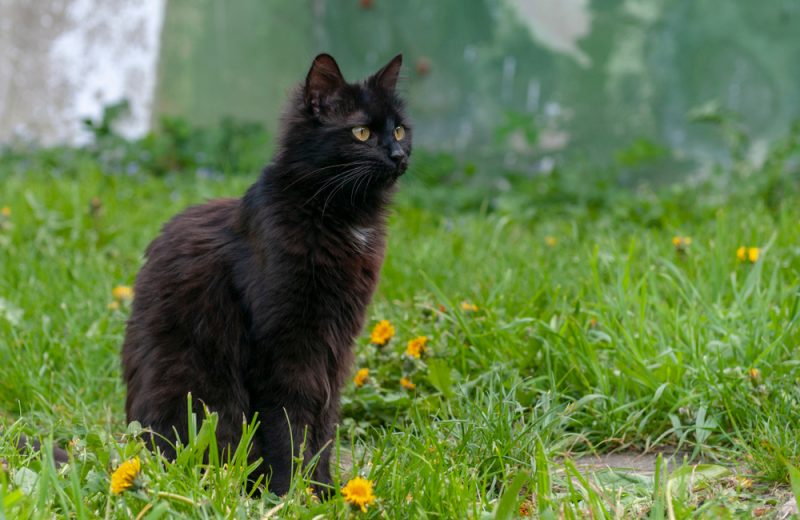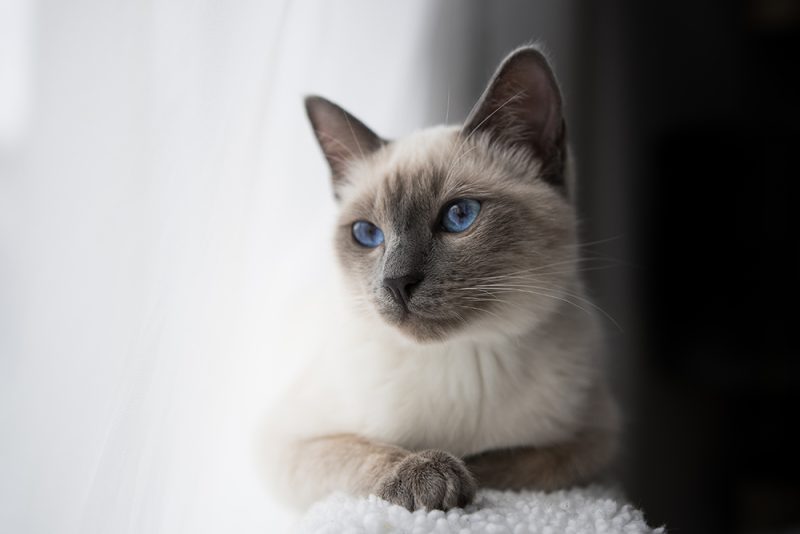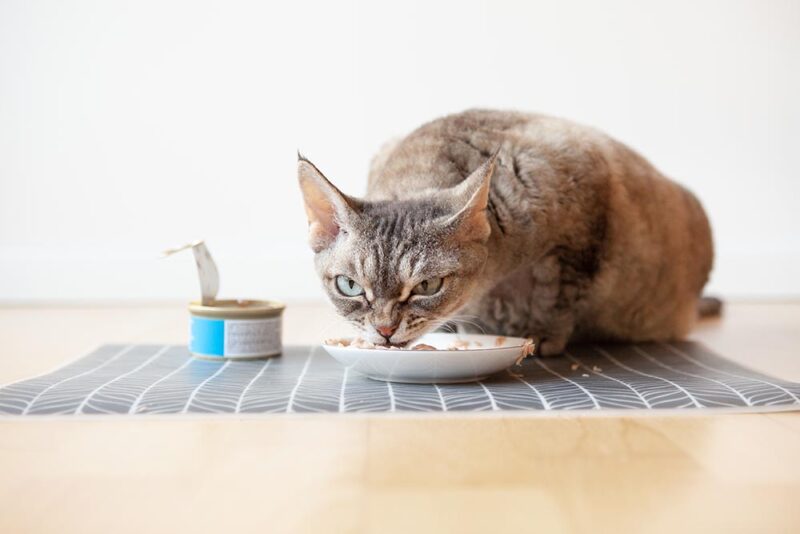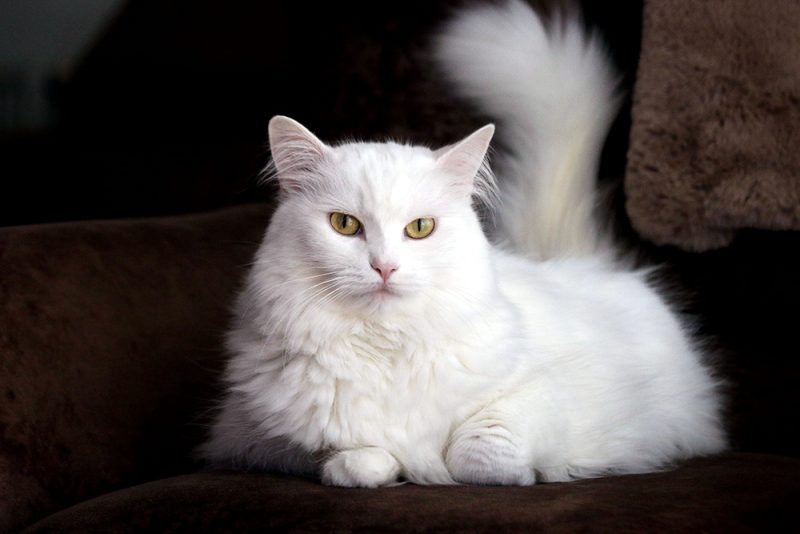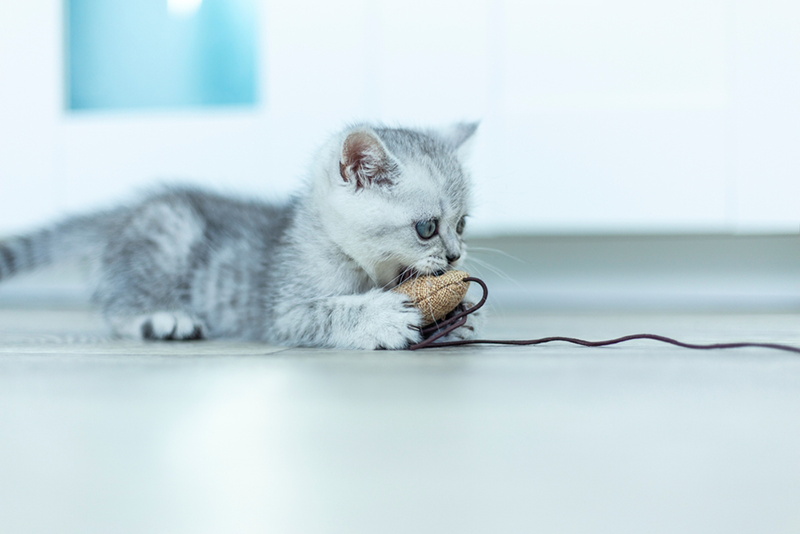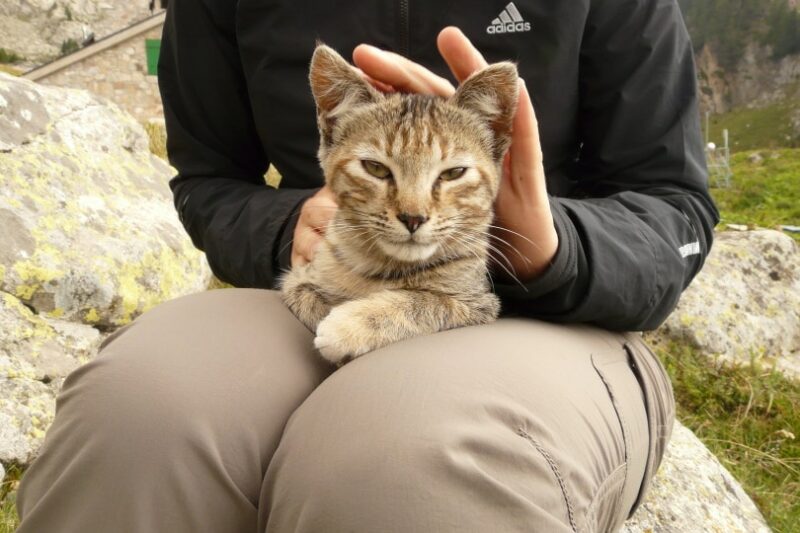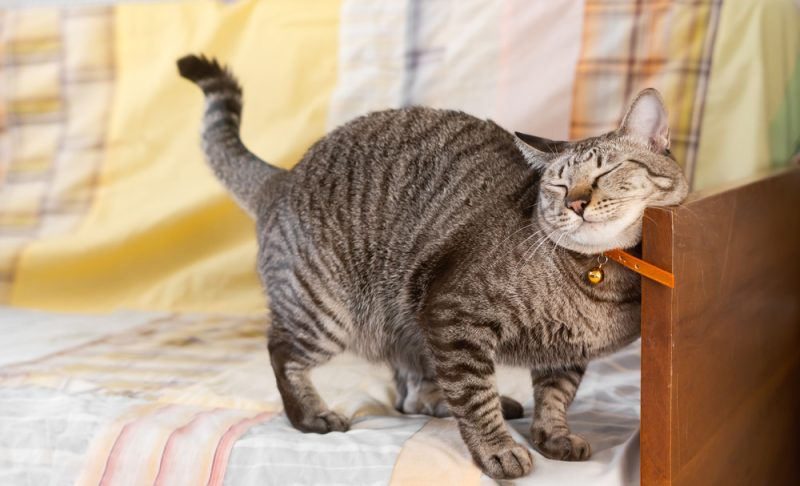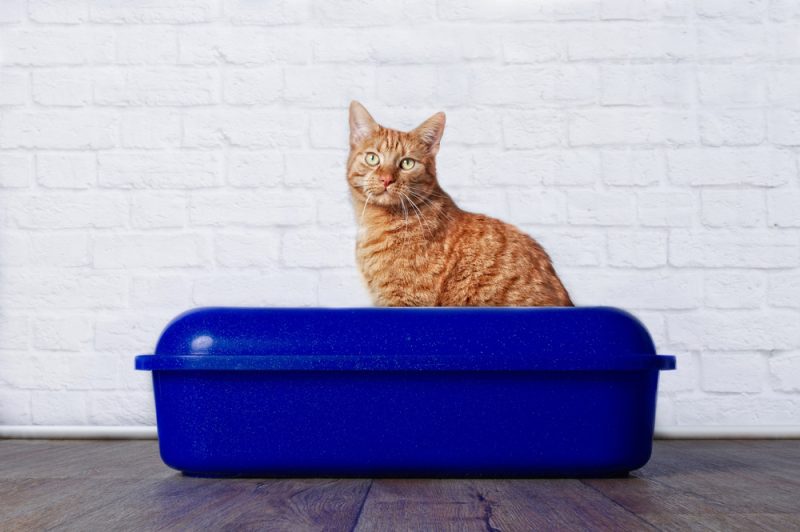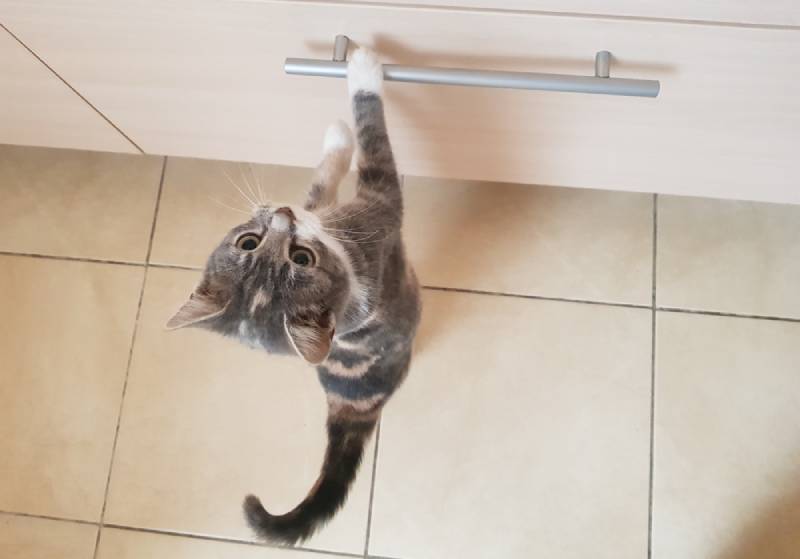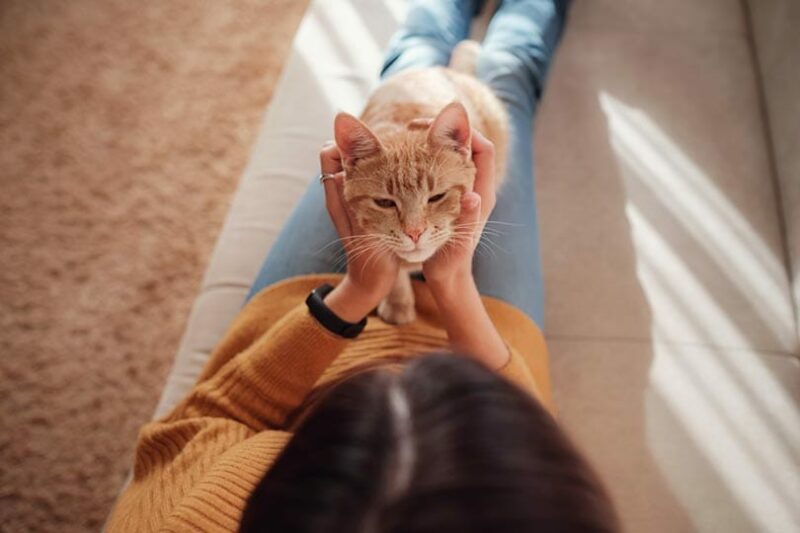In this article
Cats vocalize for a variety of reasons, including to communicate their needs and desires to other cats and humans. The sounds they make include meowing, purring, yowling, and hissing. Each of these vocalizations has a different meaning and purpose. For example, meowing is typically used to get attention from humans, while yowling is usually done during mating season or when a cat is feeling threatened.
There’s something about meowing back to our cats that just brings so many pet owners joy. There isn’t a perfect explanation for why that is, but it just seems to be so fun for kitty parents. Maybe it’s the sound of our cat’s meows in response, or maybe it’s just the fact that we know we are giving them attention and making them happy. Whatever the reason, when humans meow at their kitty friends, it generates a lot of positive energy in the relationship. Cats understand that a human meow generally means “engage with me.”
Meows are fascinating, and their true meaning isn’t what you might expect. Let’s find out what this vocalization is all about, as well as what happens in both cats and humans when they make this sound.

Why Does My Cat Meow?
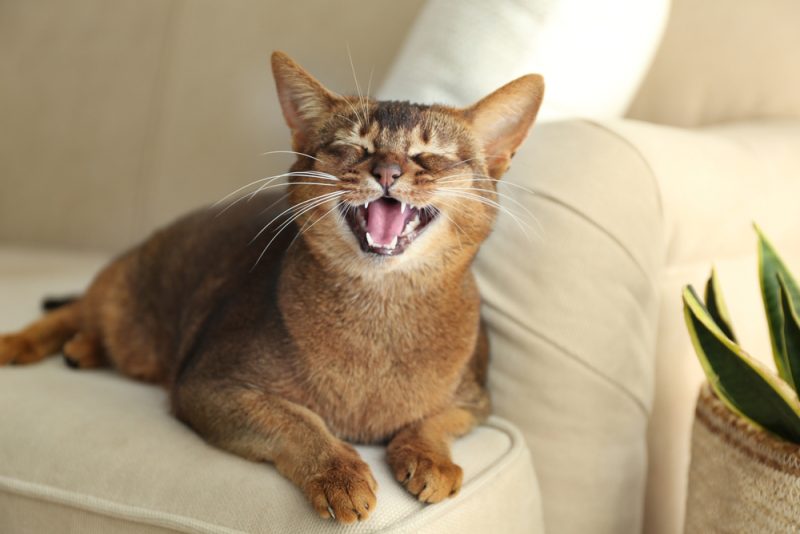
The meow of a cat is primarily used as a form of communication with humans rather than with other animals. Cats rarely vocalize with one another, except in some cases of mating or during physical altercations due to territorial disputes. The content and purpose of a meow toward a human can vary depending on the context and situation, but generally, it seems to be used as a way for cats to get our attention. They may be trying to tell us that they’re hungry, thirsty, in pain, or want to be let outside.
There is a marked difference in the vocalizations of feral and domestic cats. Feral cats very rarely meow, while domestic cats meow quite frequently. This is likely due to the different environments in which they live. Feral cats live in the wild, where they must either fend for themselves or hunt for food. Domestic cats, on the other hand, typically live in homes with humans who provide them with food and shelter.
The meow is a learned behavior that cats adopt to get what they want. By meowing, cats are able to elicit a response from their human caretakers that will result in the cat getting what it wants. This behavior is often successful because humans are hardwired to respond to cries for help, and the meow sounds very similar to a baby’s cry. Cats know this and take advantage of it to manipulate us. According to some scientists, cats are able to learn which specific noises get their owners’ attention and motivate them to deliver what they want.
What Happens When We Meow at Our Cats?
When we meow at our cats, they are more likely to meow back at us because they have learned that this is how they can engage with us. Cats learn by observing and by the consequences following specific acts in their behavior. So when they see us meowing, they know we are engaging with them and are likely to meow back because they perceive our attention as positive or desirable, especially if it’s paired with food or treats. So, cats recognize that trading meows is a surefire way to interact with us and maybe even get lucky. So yes, cats understand that a human meow generally means “engage with me” and that a returned meow is likely to trigger more attention.
Can We Teach Our Cats to Respond to Human Meows?

Yes! Cats are proficient learners and will quickly associate your meow with whatever you teach them through repetition. For example, if you meow in a certain way whenever you feed your cat, they may eventually come to understand that that particular meowing sound equals food. This is a basic form of communication known as conditioning, which involves linking a particular stimulus with a desired response. In this case, the stimulus is the specific meow and the response is getting fed. In other words, yes, the cat will understand or give meaning to your meow.

Will All Cats Understand My Human Meows?
Most cats may understand your human meow to mean “engage with me.” But if you teach your cat a conditioned response (“mealtime!”) to a specific meow, it won’t have that specific meaning for all cats. For the meow to be effective as a form of communication, both the individual cat and the human must have a co-created understanding of what the meow means. This can only be achieved through conditioning, where the cat associates the meow with a certain response from the human.
What Cat Breeds Like to Talk the Most?
Some cat breeds tend to be more vocal than others. For example, Siamese cats are known for being chatty and meowing a lot. Other breeds that tend to be more vocal include Oriental Shorthairs, Peterbalds, and Sphynx cats. This behavior is often because these breeds have been developed specifically for companionship and socializing. Therefore, they tend to be more vocal than other cat breeds.
Why Does My Cat Not Meow Back at Me?

Not all cats will give back meows to humans. This is a learned behavior. So, if you are trying to communicate with an older cat, whose human never meowed to him or her, don’t be surprised if they don’t respond back.
Meowing is a form of communication that is typically used by domestic cats when they want to communicate with their human guardians. Feral cats, however, may not understand this form of communication and therefore may not meow. Due to their breed, some cats are naturally quiet. Often, they meow only when they are spoken to, or not even then. Don’t worry if your cat is the strong, silent type!
What Does It Mean if My Cat Stops Meowing Back?
If a vocal cat suddenly stops meowing, it can be a cause for concern. The possible reasons for this behavior change could be numerous, but typically, it signifies that the cat may be ill or injured. If the cat is no longer vocalizing, it could be indicative of a respiratory problem, sore throat, injured larynx, digestive issue, or that they’re just in pain and will need to be seen by a veterinarian.
If your cat meows spontaneously but does not reply to your sounds, they no longer see the point. In other words, the cat has learned that your meowing is gibberish and does not result in a positive outcome for them, so they have stopped responding. This could be an example of behavior extinction because the cat has realized that meowing does not result in any sort of benefit for them, whether it be attention, food, or anything else.

Conclusion
In conclusion, although your cat may meow back at you when you meow, they are most likely not doing so because they understand your literal words. Their meows are more likely just a response to the sound of your voice. However, it seems likely that they at least pick up on some of the intent to connect. So, the next time you meow at your cat, see if you can get a meow back in response. If you do not get a reply, this does not mean that your cat does not love or appreciate you. They may just have their own unique way of showing it.
Featured Image Credit: Bogdan Sonjachnyj, Shutterstock



